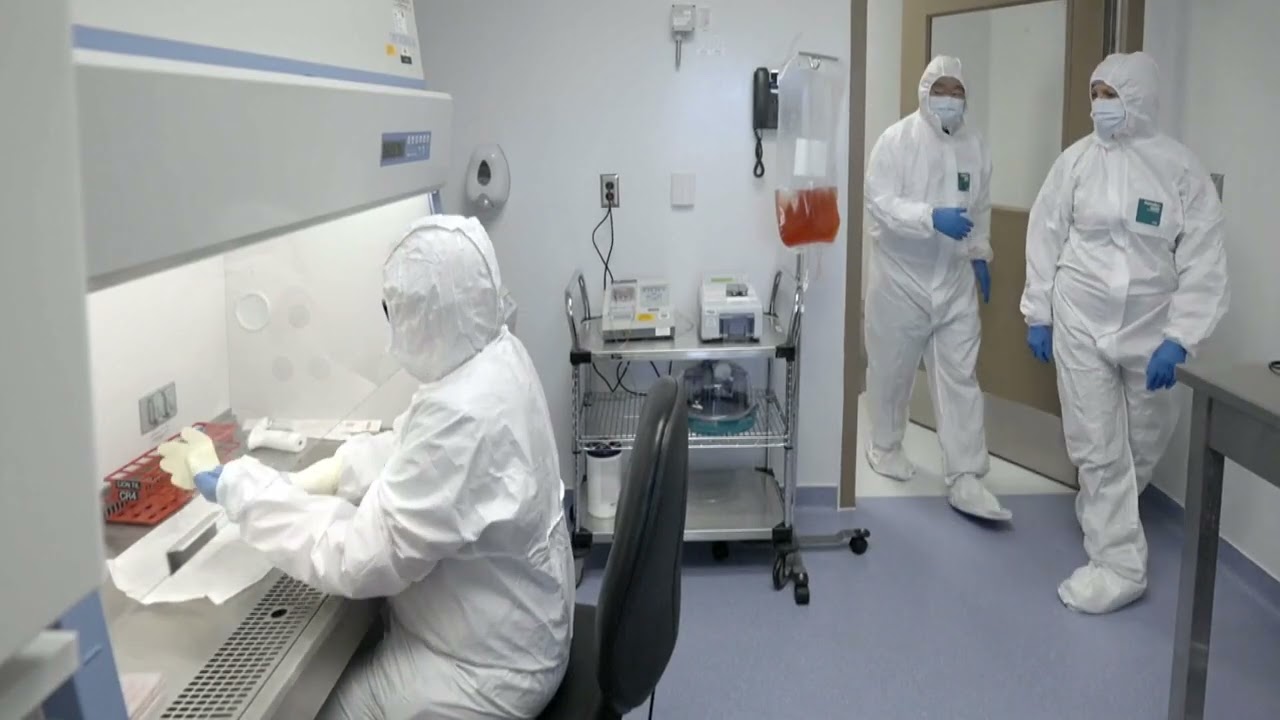The Oncology Channel
NEW YORK (Reuters Health) – Chemotherapy given before surgery in patients with small-cell urothelial cancer (SCUC) downstages tumors and results in significantly improved survival, a team from the University of Texas M.D Anderson Cancer Center reports.
“Although limited by a small sample size and retrospective analysis, in the context of a rare disease, this experience suggests neoadjuvant chemotherapy as a standard approach in treating SCUC,” the authors conclude in their paper in European Urology online April 17.
Dr. Arlene Siefker-Radtke and colleagues explain that small-cell urothelial cancer is an aggressive, rapidly progressive disease. Outcomes with initial cystectomy are poor, but recent evidence suggests a benefit with neoadjuvant chemotherapy.
For the current study, the Houston-based team examined data on 172 patients with SCUC seen at their center between 1985 and 2010. In that group, 125 had resectable disease and 95 were candidates for surgery.
While 47 patients underwent initial cystectomy, 48 received neoadjuvant chemotherapy which led to a reduction in pathological stage to less than pT1N0 in 33 cases.
Median overall survival was 159.5 months in the neoadjuvant group compared to 18.3 months in the initial surgery group (p<0.001), the authors report. Similarly, 5-year rates of disease-specific survival were 79% versus 20% (p<0.001) in the two groups, respectively.
Dr. Siefker-Radtke and colleagues conclude that despite the limitations of the retrospective study, “the survival differences between the neoadjuvant chemotherapy and initial surgery arms are quite large, suggesting that a paradigm shift to neoadjuvant chemotherapy may be appropriate.”
As they point out, “Prospective studies for rare tumors are difficult to complete, resulting in our reliance on retrospective data when treating patients.”
SOURCE:
Eur Urol 2012.








